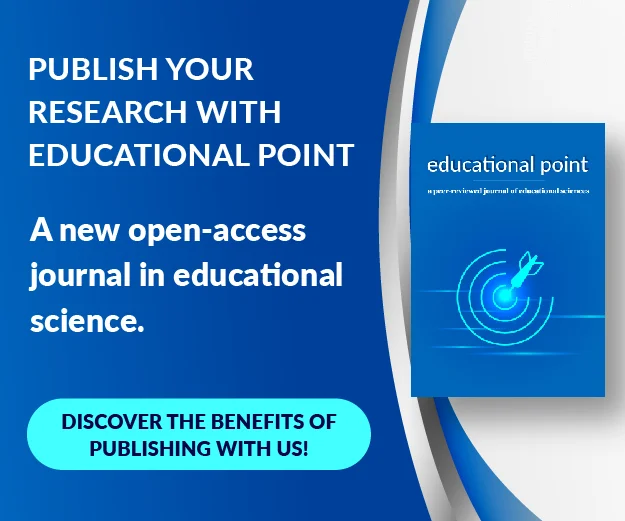Welcome to the Educational Point journal.
Three Reasons to Submit to Educational Point
Quality Peer Review
Editors and reviewers from the world's most prestigious institutions.
Quality Peer Evaluation
A thorough and objective peer review by highly qualified editors and reviewers.
High Visibility
Maximum visibility to disseminate the research findings of the authors.
Editors
Editorial Board Members
CURRENT ISSUE
Volume 2, Issue 2, 2025
Educational Point, 2(2), 2025, e122, https://doi.org/10.71176/edup/16553
ABSTRACT:
Mathematics plays a vital role in nursing practice, as it supports essential tasks such as medication administration, fluid management, and the accurate interpretation of patient data. However, nursing students often struggle to apply mathematical concepts in clinical settings where quick and accurate decisions are crucial. The study explores a heuristic way to help students become more confident and capable in using mathematics to ensure safe and effective patient care. A learning intervention was conducted among nursing students using specially designed packets incorporating heuristic strategies for understanding clinical mathematics. Data collected before and after the intervention were analyzed to identify meaningful improvements in their skills, with results handled under strict ethical and privacy guidelines. The results showed significant improvements in students’ performance in clinical mathematics after using heuristic-based learning materials. These gains were consistent across key areas such as unit conversion, dosage calculation, fluid balance, and data interpretation. The findings confirm that focused and contextual instruction can meaningfully support nursing students in developing the skills necessary for safe and effective patient care.

Subjects
- Assessment and Evaluation
- Biology Education
- Chemistry Education
- Comparative Education
- Digital Education
- Early Childhood Education
- Educational Administration
- Educational Psychology
- Educational Technologies
- Engineering Education
- Environmental Education
- Evaluation and Assessment
- Foreign Language Education
- Geography Education
- Gifted Education
- Health Education
- Higher Education
- Language Education
- Leadership in Education
- Mathematics Education
- Medical Education
- Physics Education
- Science Education
- Social Science Education
- Special Education
- STEAM Education
- STEM Education
- Teacher Education




















 Open Access
Open Access